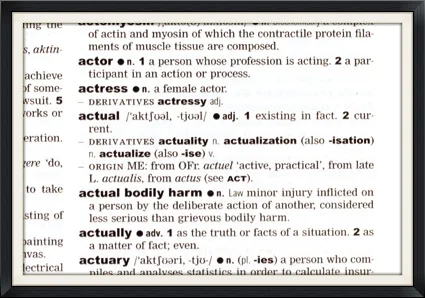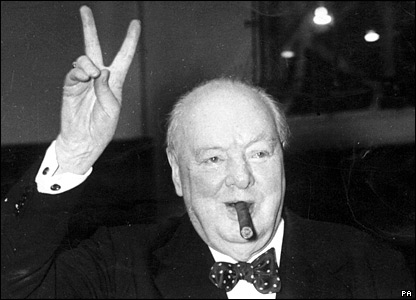Philip K. Dick.
In the writing game, I feel that you need to consume more than you produce. That is, writers should really read more than they write. Busy lifestyles command more of our time in ever thinning slices, but reading should be a top priority for anyone who communicates in a professional setting. How you divide that time is up to you: some prefer magazines, others prefer non-fiction. I maintain that a variety of styles and sources is best for a well-rounded “education” on writing. I think reading deeply is as important as reading widely. The path to mastery is not one, but many. I try to read the most pertinent in my collection at least once a year, to remind myself of certain facts and certain perspectives.
Non-fiction
Amusing Ourselves to Death by Neil Postman
I’ve mentioned this book on the blog before, but it’s more relevant than ever. Those scratching their heads at how the US populace could elect a Reality TV president, this book written 30 years prior gives insight other commentators merely skirt around. I mean, we already had the Reality TV war (Iraq) and the Reality TV terror attack (September 11), was a Reality TV leader of the free world that far-fetched? Postman shows us a media culture obsessed with “feel-good” over “facts,” and the biases of our mediums that conspire to keep it that way.
Language in Thought and Action by Samuel I. Hayakawa
The “popular” text on General Semantics and language studies, a must for those who want to discover their own semantic biases and the biases of others. It too delves into logic games, multi-valued orientations vs. two-valued “absolutisms”, poetry and the advertiser, what words really “mean”, and much more. An essential book for those working in communications.
Fiction
Nineteen-Eighty Four by George Orwell
This book was one of the first I’d read in high school and has stuck with me ever since. I think I’m attracted to the linguistic element of the book, Newspeak, and the narrowing of our experience as Big Brother eliminates complex ideas. “You don't grasp the beauty of the destruction of words,” says Parsons, our protagonist Winston Smith’s co-worker in the Ministry of Truth. Reading it sends a chill down my spine each time. Compare “Ministry of Truth” to “Social Justice” or “Fake news.”
Ubik by Philip K. Dick
One of the first ever books I’d read of Philip K. Dick, and one that demonstrates the power of words to craft an alternate reality. The mention or non-mention of certain phrases and passages turns a world on our head, as does the revelation and suppression of certain bits of information. It’s a philosophical tome, a book about running out of time, and much more.
Do you have once-a-year-books?










